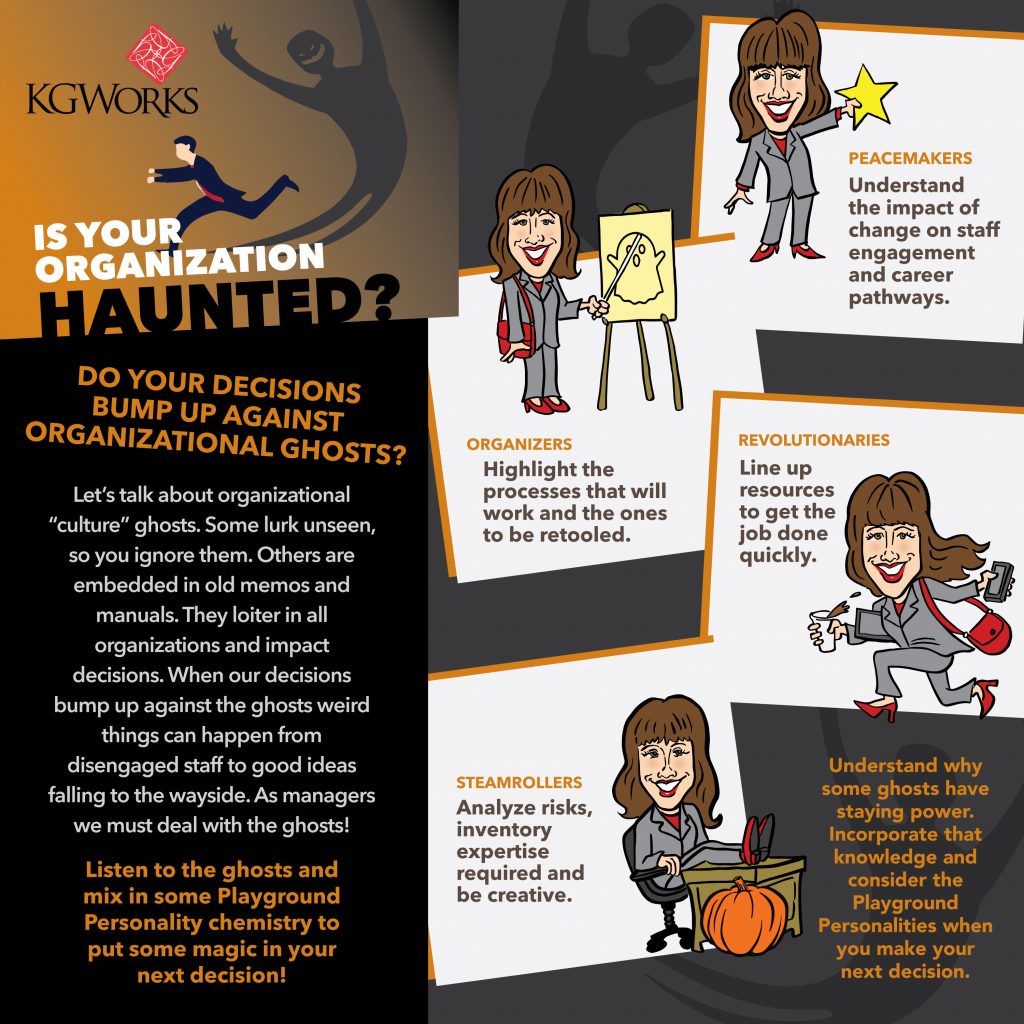Publication 13, Issue 6
If judgments are affecting your communications, harboring hurt feelings, getting in the way of delegating work, or just plan getting you in trouble – change the way you communicate!
Let’s own this. We all make judgments. Many times we do it in the moment and usually there’s no body of evidence that confirms or denies the judgment, as in:
“Oh, Tony’s from New York, that’s why he’s a fast-talker.”
“Oh, Lindsay drives a sports car, so she thinks she can take two parking spots.
“Oh, Trisha didn’t go to college, so she isn’t smart.”
I can hear my Mother saying, “Think before you speak!” (which I still live by because you can never take the words back), but for me, it’s beyond that. Even if you do “think before you speak,” you can still make judgments and carry them through with tone or word choice or body language, creating really damaging miscommunication with a colleague!
So why do we do it? Maybe we resort to shorthand negative characterizations of our co-workers from anxiety over pressure for quick turnarounds and high productivity thresholds, wanting to make things happen. Whatever the cause, these biases really get in the way of communicating clearly, openly, and honestly. We get in our own way most of the time: we make judgments about people or a situation, then we communicate with people based on our judgments. This rarely ends well and we spend countless hours trying to unravel the misunderstandings that result.
To help you take the judgments out of your communication, here are some things to consider:
- Be mindful – “Am I making a communication choice based on what I think I know or what I do know?”
- Think holistically – “Am I looking at all sides of a situation, not just at what’s in front of me?”
- Consider the relationship – “Can I live with the judgments that I make and am I concerned about someone coming back and confronting me?”
- Develop people – “Did I miss an opportunity to see that the staff can do great things, if I just let them?”
Any lost opportunity to better communicate erodes your ability to build relationships, foster teamwork, celebrate or collaborate. Two heads are usually better than one…if you could do all of the work yourself, why would you need staff!
Try to manage the “self-fulfilling prophecies”: If you think something you’re about to say will hurt someone’s feelings, rob them of motivation, or reduce their productivity, it probably will, so change it up. Release the judgments and see just how positive your communication can be!

